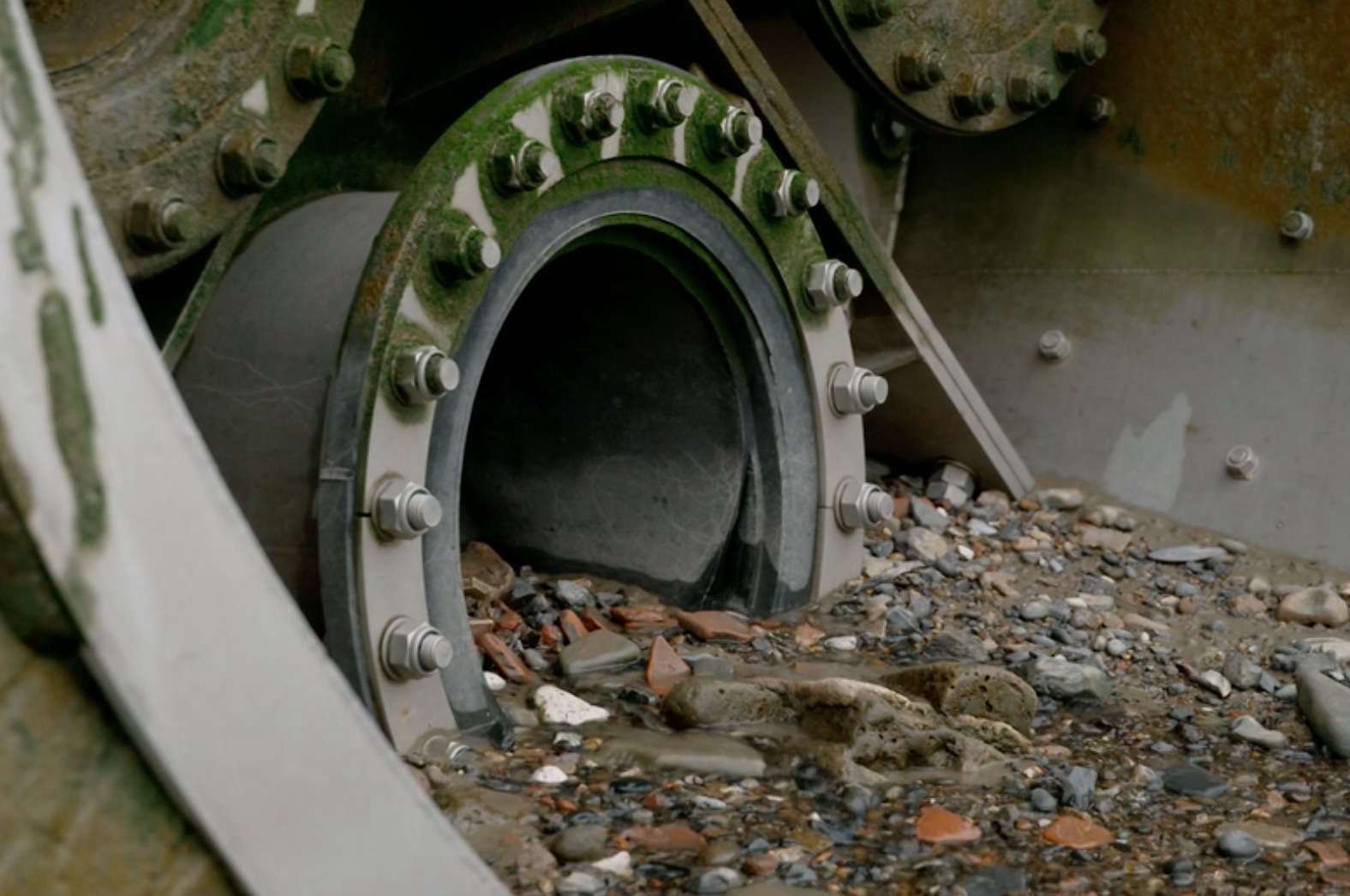
It's all gone down the pan
Councillors are to look into Torridge’s sewage.
They’ve passed a motion at a full meeting of Torridge District Council to examine how water quality in the area is measured.
Now the external overview and scrutiny committee will assess the number of sewage discharges that have been allowed to go into the River Torridge in the last year and the response from the Environmental Agency.
It will also seek to find further evidence of bathing water quality and information on shellfish quality over the past year.
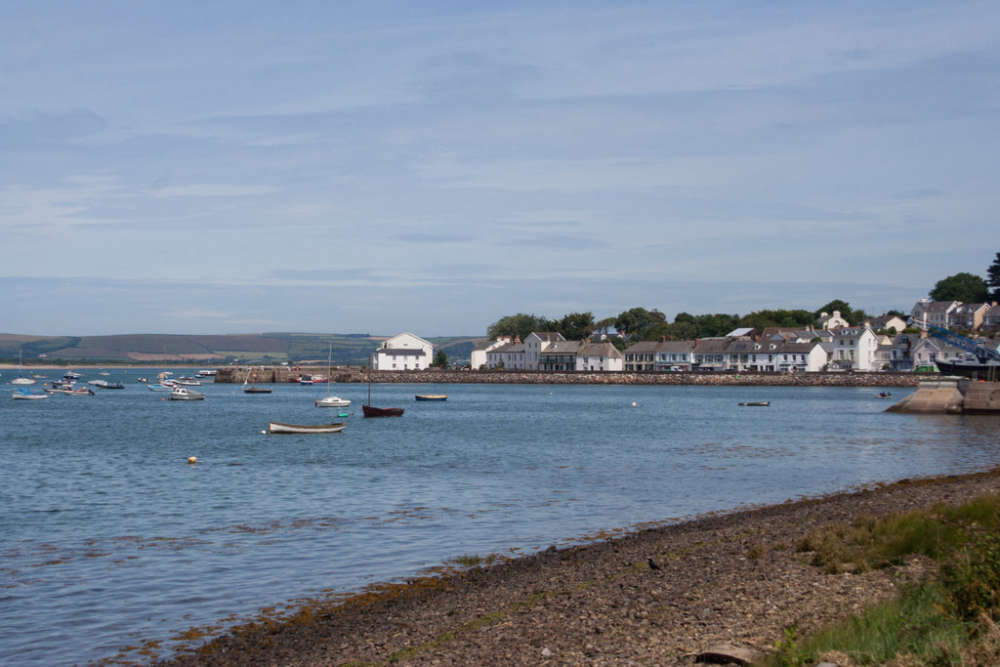
River Torridge (courtesy: Guy Wareham)
Councillor David Brenton (Bideford South), leader of the Labour group on the council said it was “quite depressing” that he felt it necessary to bring the motion.
He said: “I hope the overview and scrutiny committee will actually take this on and drag in the Environment Agency and South West Water and start asking some serious questions about how they’re doing their monitoring and what’s actually happening.
“Bathing now in the sea, in wild water, in freshwater is becoming increasingly popular. We need to ensure our river water and our bathing water is at the highest standard, not by some DEFRA [Department for Environment, Food and Rural Affairs] new criteria.”
Councillor Joanne Manley (Independent, Northam), chair of the external overview and scrutiny committee, is setting up a meeting between councillors and relevant environment agencies in April, with colleagues from North Devon Council also invited.
South West Water, one of several water companies facing criticism for dumping raw sewage, carried out 42,000 raw sewage discharges in 2020.
Research by The River’s Trust, a conservation group, shows that many of those were in North Devon.
One storm overflow in Illfracombe spilt raw sewage 123 times for a total of 2,260 hours, the equivalent of 94 days. Another in Bideford in 2020 spilt 326 times for a total of 1,832 hours or 76 days. Two in Barnstaple spilt for a combined total of 155 times for a for 4,466 hours, or 186 days.
Last November, South West Water attracted more unwanted headlines in East Devon when it offered portable loos as a solution to residents left without toilets for up to 60 hours at a time as sewage flooded the streets of Clyst St Mary near Exeter.
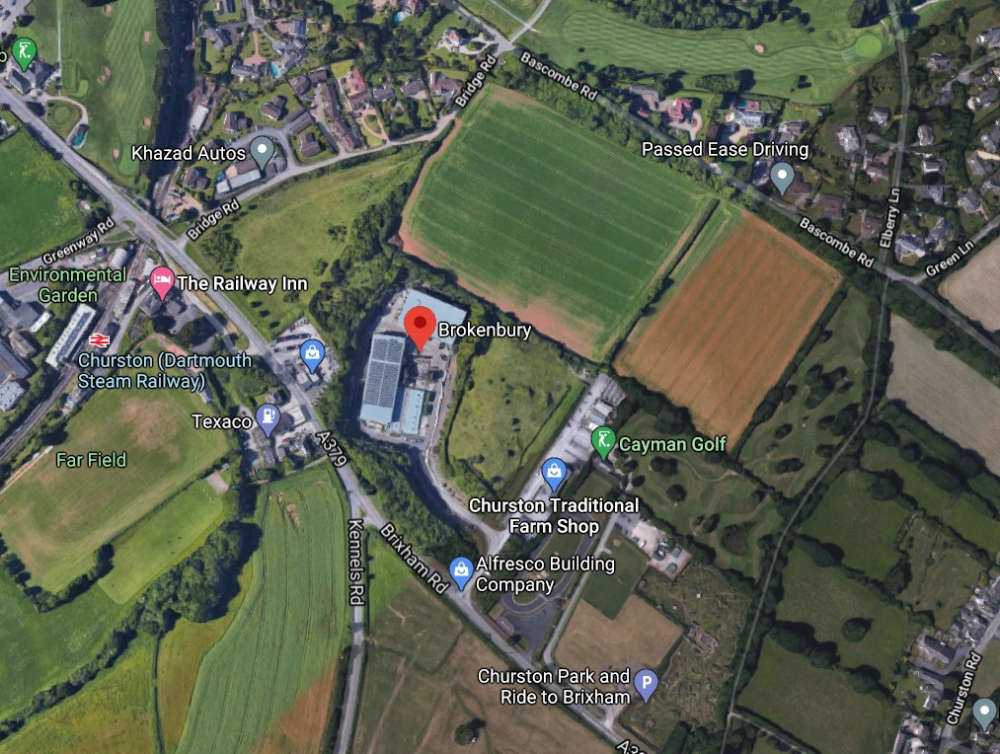 Official challenge to Torbay solar farm project
Official challenge to Torbay solar farm project
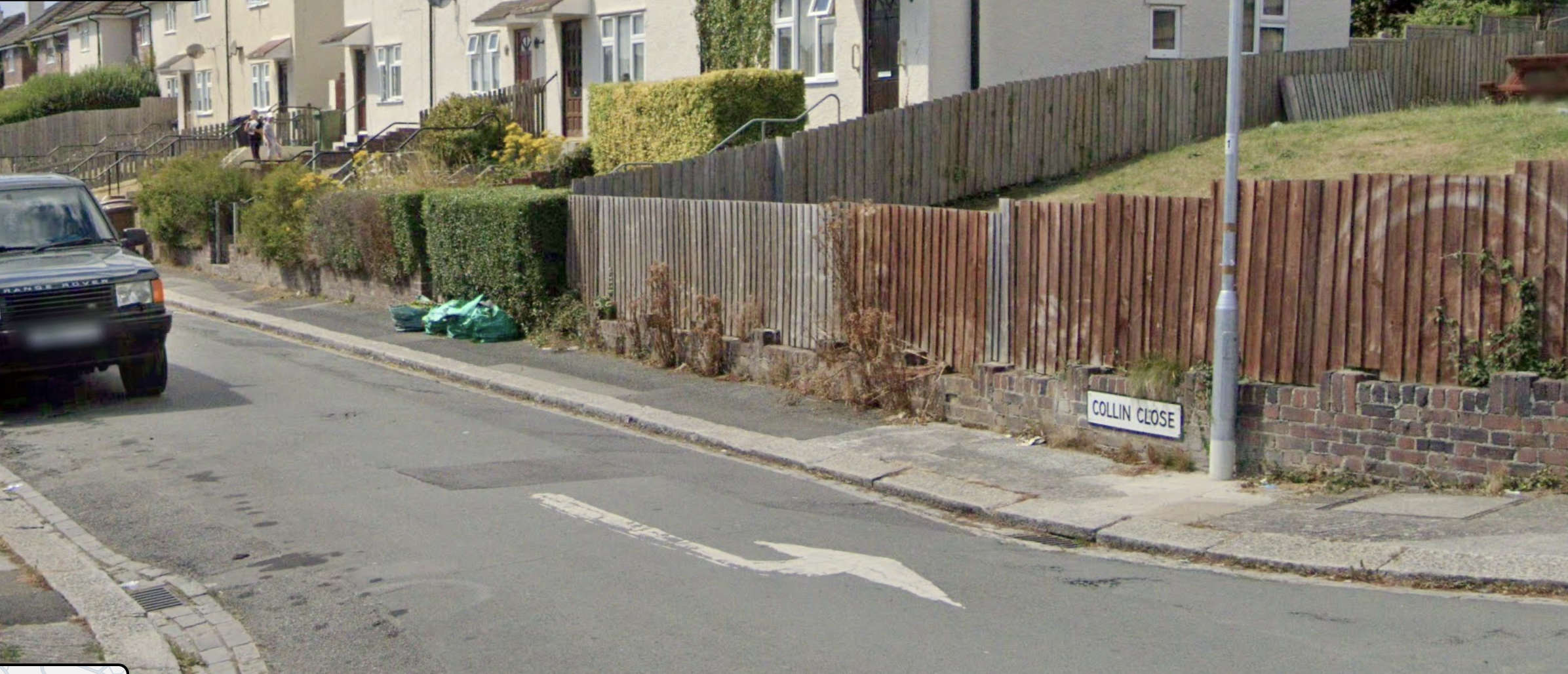 Two people injured in suspected Plymouth stabbing
Two people injured in suspected Plymouth stabbing
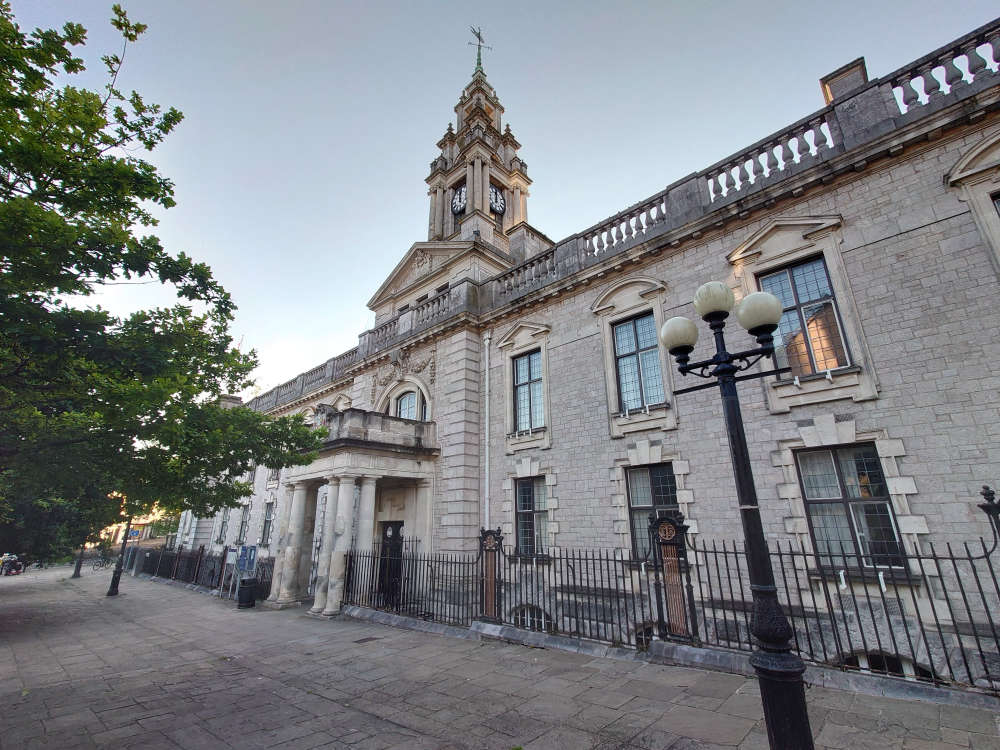 Four councillors banned from council tax debates
Four councillors banned from council tax debates
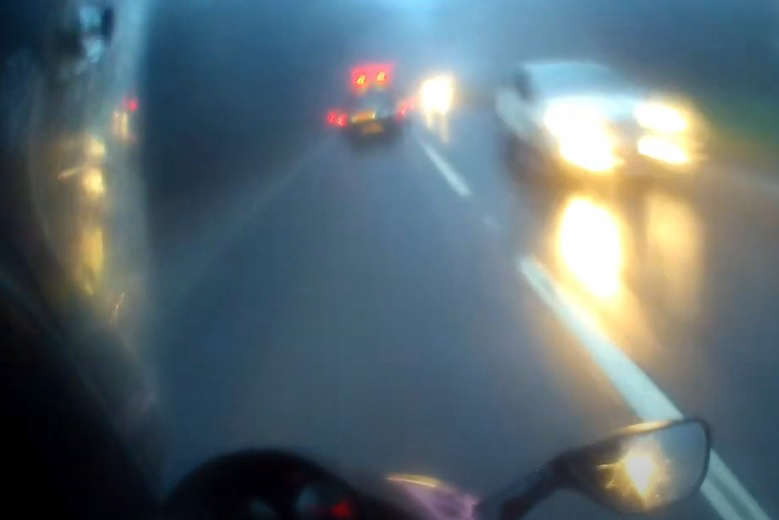 Video shows Devon biker causing horrific crash
Video shows Devon biker causing horrific crash
 Murder charge after Kingsbridge crash
Murder charge after Kingsbridge crash
